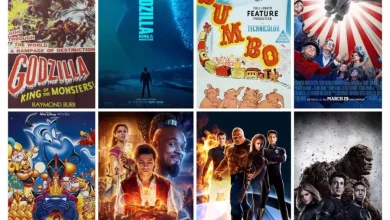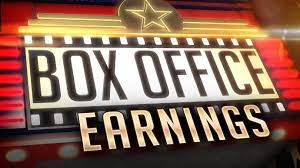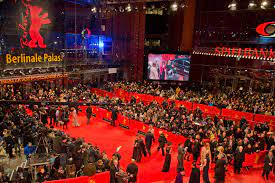Movie soundtracks and scores refer to the music that is used in films to enhance the viewing experience and support the plot and characters. Soundtracks are collections of songs that are featured in a film, often chosen to reflect the mood or theme of a particular scene or to appeal to a particular audience. Scores, on the other hand, are original pieces of music that are composed specifically for a film and are intended to underscore the action on screen and support the emotional content of the film.
One of the most famous examples of a movie soundtrack is the “Guardians of the Galaxy” soundtrack, which features a mix of classic rock songs and more recent pop hits. The use of nostalgicically-tinged music helped to establish the film’s light-hearted, retro-futuristic tone and contributed to its widespread appeal.
Scores, on the other hand, are often more subtle and are designed to blend into the background of the film. Some of the most iconic film scores in history include John Williams’ scores for the “Star Wars” and “Indiana Jones” franchises, as well as Hans Zimmer’s score for “The Lion King.” These scores have become almost as iconic as the films themselves and have helped to establish the mood and tone of the films in the minds of audiences.
One of the key roles of both soundtracks and scores is to support the emotional content of the film. Music has the ability to evoke strong emotions in listeners and can be used to heighten the emotional impact of a film. For example, a suspenseful score can help to build tension and create a sense of danger, while a romantic score can help to create a sense of intimacy and connection between characters.
In addition to supporting the emotional content of a film, soundtracks and scores can also help to establish the film’s setting and tone. For example, a film set in the 1960s might feature a soundtrack filled with songs from that era, while a film set in a futuristic world might feature a more experimental, electronic score.
In recent years, there has been a trend towards using licensed songs in film soundtracks, as opposed to original compositions. This has led to the creation of highly successful and lucrative soundtrack albums, such as the “Twilight” soundtrack, which featured a mix of popular and up-and-coming indie bands.
However, the use of licensed songs has its drawbacks, as it can be expensive to secure the rights to use certain songs and it can also be challenging to find songs that fit the mood and theme of a film. In contrast, creating an original score allows filmmakers to have complete control over the music and to create a sound that is specific to their film.
In conclusion, movie soundtracks and scores play a crucial role in enhancing the viewing experience and supporting the plot and characters of a film. From the classic rock songs of “Guardians of the Galaxy” to the epic scores of “Star Wars” and “The Lion King,” music has the ability to evoke strong emotions and help to establish the mood and tone of a film. While the use of licensed songs has become more popular in recent years, creating an original score allows filmmakers to have complete control over the music and to create a sound that is unique to their film.




